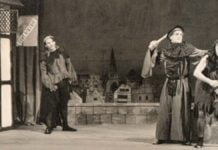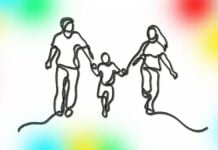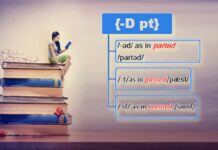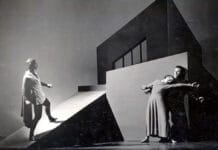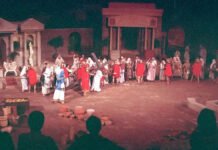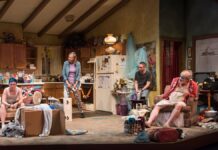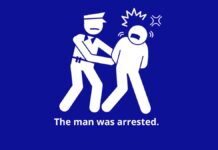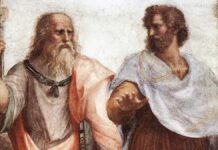Critical pedagogy is a teaching philosophy that invites educators to encourage students to critique structures of power and oppression. It is rooted in critical theory, which involves becoming aware of and questioning the societal status quo. In critical pedagogy, a teacher uses his or her enlightenment to encourage students to question and challenge inequalities that exist in families, schools, and societies.
This educational philosophy is considered progressive and even radical by some because of the way it critiques structures that are often taken for granted. The themes from critical pedagogy are
- integrating students’ personal experiences into classroom lessons
- deconstructing the student-teacher hierarchy
- avoiding the banking method of education and embracing an environment where students and teachers are both educators and learners
- deconstructing the idea of knowledge as neutral and acknowledging the political nature of education
- making social justice an explicit focus in the class, and considering how the classroom can serve as a model for promoting democracy.
Critical pedagogy can be framed as rooted in what students know based on their daily lives. A critical education begins with students exploring their concrete reality, sharing those experiences and linking themselves to their socio-political context. Critical pedagogues like Paulo Freire, Ira Shor, Donaldo Macedo, and bell hooks reason that by addressing issues that affect students’ daily lives, students become more engaged with the ideas they are learning, thereby becoming more critically conscious.
Critical pedagogues also emphasize the importance of teachers learning about the students— what their personal and work lives are like, what their authentic language sounds like, what degree of alienation they have experienced— and basing courses on students’ experiences. This practice contrasts with the traditional concept of education where the teacher’s task is to fill the students who act as receptacles of information. With the banking model of education, students are passive recipients of information that is detached from the context that gives it significance, while teachers are a privileged voice responsible for imparting this information.
Ira Shor and Paulo Freire argue that rather than having knowledge produced at a distance from the classroom by researchers, textbook writers and curriculum committees, knowledge should be “created and re-created by students and teachers in their classrooms” with students and teachers playing both roles simultaneously. The need for educators to consider students as whole people with complex experiences are emphasized in critical pedagogy. This fits with the understanding that education is about more than achieving academic success or becoming professionals, but rather about becoming engaged in public life.












